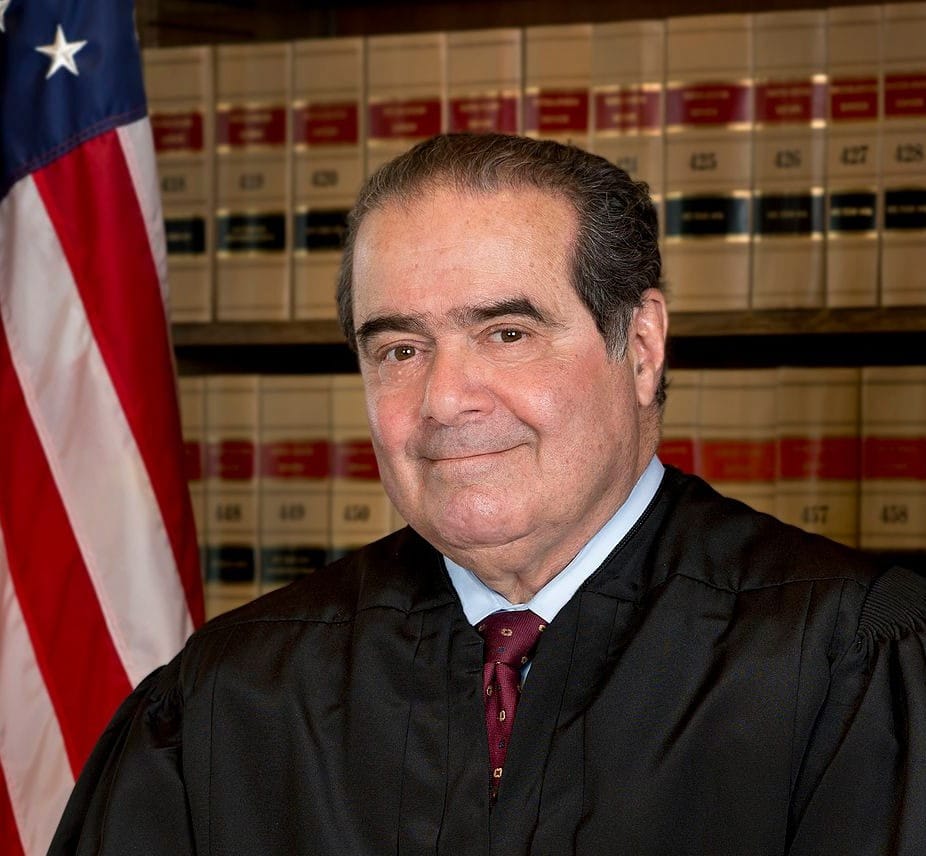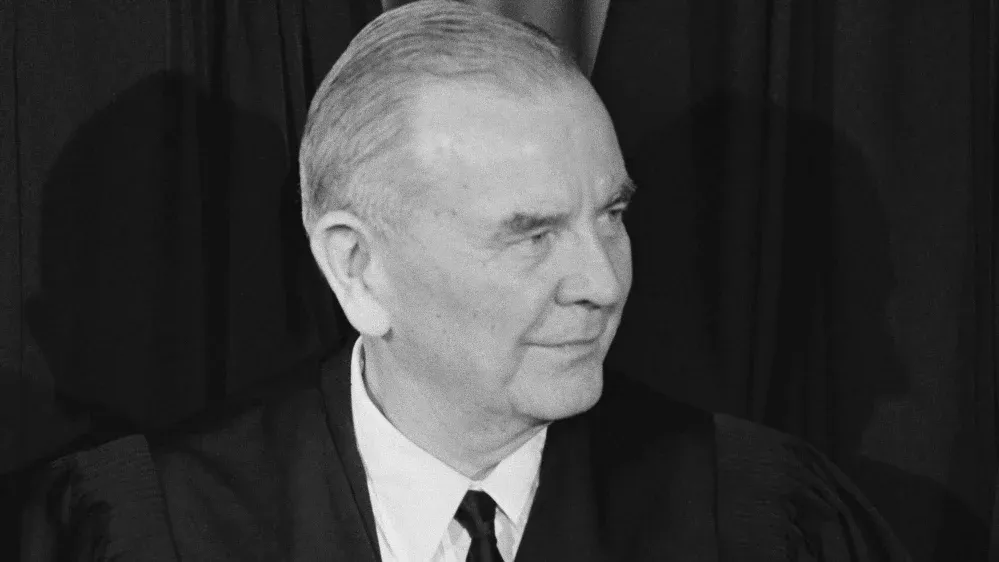Justice Antonin Scalia's tenure on the U.S. Supreme Court left an enduring legacy. Known for his sharp intellect, biting wit, and unwavering commitment to originalism and textualism, Scalia’s jurisprudence has fundamentally influenced constitutional interpretation. Using Etalia.ai’s advanced search functionalities, we dive into the heart of some of Justice Scalia's most notable opinions.
District of Columbia v. Heller (2008) - A Landmark on Second Amendment Rights
In one of his most influential majority opinions, Scalia took a deep dive into the historical underpinnings of the Second Amendment. The Court held that the Constitution protects an individual's right to possess a firearm unconnected with service in a militia and to use that firearm for traditionally lawful purposes, such as self-defense within the home. Scalia's meticulous examination of the amendment's text was a masterclass in originalist thought.
*Scalia’s Dissent in Obergefell v. Hodges (2015) - A Question of Judicial Power
While the majority of the Court held that the Constitution guarantees a right to same-sex marriage, Scalia penned a fiery dissent. Notably, his disagreement was less about the topic of marriage equality itself and more about his belief that the Court had overstepped its boundaries, usurping a decision he believed should be made by state legislatures or the people directly.
Crawford v. Washington (2004) - Reshaping Confrontation Clause Jurisprudence
In this case, Scalia delivered the opinion of the Court, reshaping how the legal system interprets the Sixth Amendment's Confrontation Clause. This case rejected the more flexible approach previously used, emphasizing the right of defendants to confront those who "bear testimony" against them.
*Scalia’s Dissent in Morrison v. Olson (1988) - A Lesson on Separation of Powers
Another one of Scalia's memorable dissents, this case involved the constitutionality of certain provisions of the Ethics in Government Act. While the majority upheld the act, Scalia was the lone dissenter, arguing that the law violated the separation of powers doctrine. This dissent showcased his fervent belief in a rigid separation of powers as fundamental to safeguarding American liberties.
Printz v. United States (1997) - States' Rights and Federal Overreach
Writing for the majority, Scalia opined against certain interim provisions of the Brady Handgun Violence Prevention Act. He argued that the Federal Government cannot compel state officers to execute federal laws, a decision reinforcing the dual-sovereignty system and states' rights.
Justice Antonin Scalia was nothing short of a legal titan. Whether one agrees or disagrees with his views, his unwavering dedication to the principles he believed in cannot be disputed. His opinions, both majority and dissenting, provide invaluable insights into his originalist and textualist interpretative frameworks.
For those seeking a more in-depth exploration of these decisions and the intricacies of Scalia's reasoning, Etalia.ai stands ready to guide you with precision through the vast annals of U.S. Supreme Court jurisprudence.








